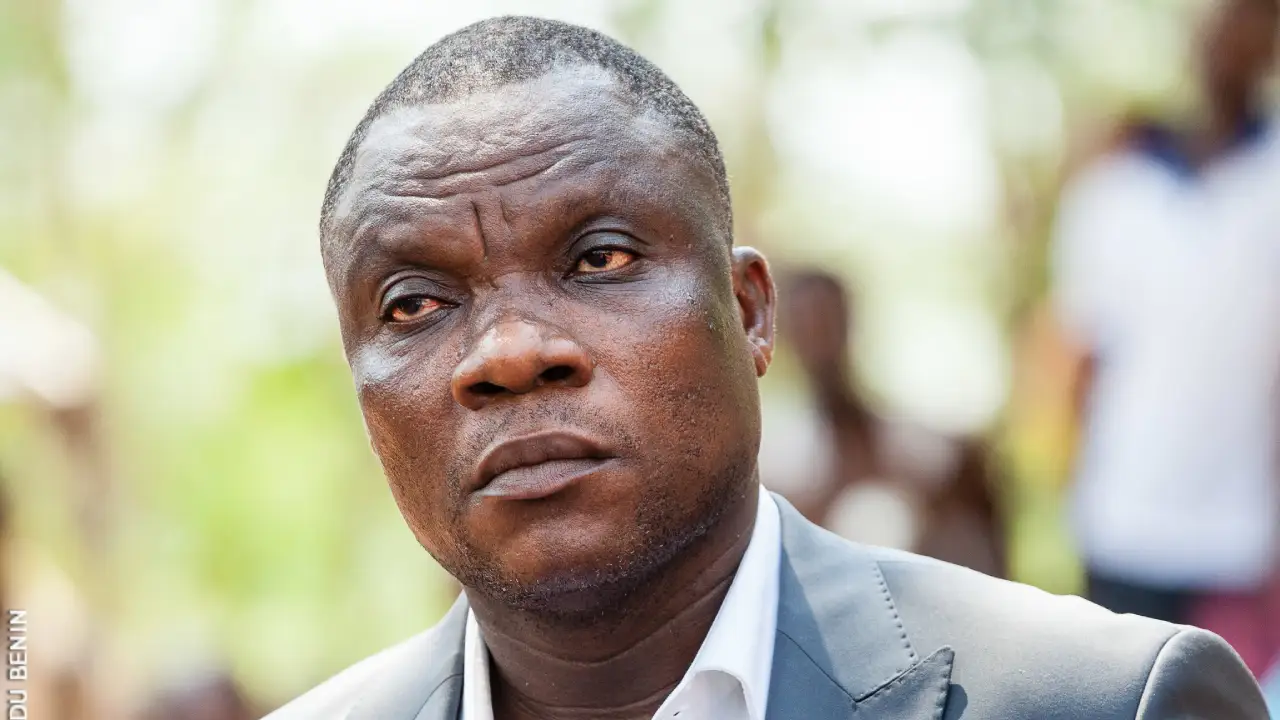2026: a united presidential majority or a silent storm brewing?
Officially, all is well within the ruling coalition. The allied political parties are said to be working “in close coordination,” guided by a unanimously acknowledged “coach”: President Patrice Talon. But as the 2026 deadline draws nearer, the silence grows heavier, the language more cautious, and the answers increasingly evasive. Speaking on Canal 3 Benin this past Sunday, Jacques Ayadji, minister and advisor to the President, and head of the Moele Benin party, sought to project confidence—while carefully sidestepping the thorniest issues.

SUMMARY
Ayadji repeatedly emphasized that “the presidential majority has a leader, a coach: President Talon. We are moving forward together toward 2026.” The statement seemed aimed at dispelling growing doubts about the cohesion of the coalition. Yet he conceded, almost as an aside, that “the four parties can’t always campaign together in every election.” A subtle admission that the façade of unity does not always hold up in practice.
The lack of communication on joint strategies, the separate political tours by each party, and the continued uncertainty over who will be the coalition’s candidate—all are soft signals feeding the doubt. As of today, no name has been floated, no shared roadmap presented. Ayadji’s explanation: “The coach will pick his players at the right time.” But the oft-repeated soccer metaphor is wearing thin and no longer hides the underlying tensions.
A candidate choice turned taboo
Pressed directly on the presidential strategy for 2026, Jacques Ayadji remained vague. “Each side has its strategy… The process is underway… Timing is key.” Behind the diplomatic phrasing lies a clear reality: the situation is murky. There’s no public discussion, no strong signal. It’s as if naming a candidate has become a forbidden topic—perhaps even a dangerous one.
This silence, more political than strategic, hints at underlying tension. As the critical 2026 milestone approaches, ambitions are sharpening quietly, rivalries whispered behind closed doors. The proclaimed unity seems less like the result of coalition-building and more like a state of limbo, hanging on the intentions of a president who remains tight-lipped about his succession.
Though Ayadji affirms that Moele Benin is actively engaged in internal talks, his tone suggests some distance. “You only see the movements between UPR and BR, but we have our meetings too,” he noted. The remark was no throwaway—it suggests that some parties are hogging the spotlight—or the president’s ear—while others feel sidelined. It also reveals a latent frustration among smaller allies relegated to the margins of a tightly controlled political game.
Ayadji was quick to stress discipline, respect for process, and acceptance of the eventual decision. Yet he also added, pointedly, “Being on the ground doesn’t mean you’re governing together.” A coded message to partners—or a veiled warning to those monopolizing media coverage and presidential favor.
A fragile balance in search of direction
By refusing to reveal any hint about the likely presidential ticket, brushing aside questions on internal deliberations, and steering clear of debates over personal ambitions, the ruling coalition risks fueling further speculation. This lack of clarity may only deepen the perception of a top-down structure, where secondary actors wait for marching orders rather than helping to craft a shared political vision.
At this stage, the momentum around 2026 remains open to interpretation. The public image of unity barely conceals the awkward silences, shifting alliances, and diverging interests. Is President Talon merely playing for time to maintain control? Or is he grappling with a fragmented coalition where consensus is more fragile than it appears?
Undoubtedly, the foundation of the presidential majority still holds. But its stability currently hinges more on discipline than on a cohesive strategy. And the continued silence around what comes next in 2026 raises a critical question: how long can this orchestrated quiet hold before cracks begin to show?


Comments